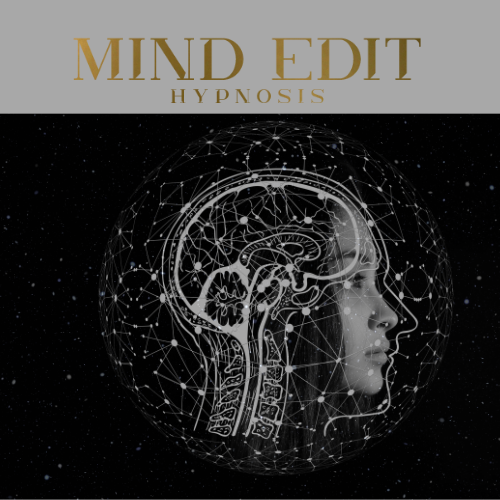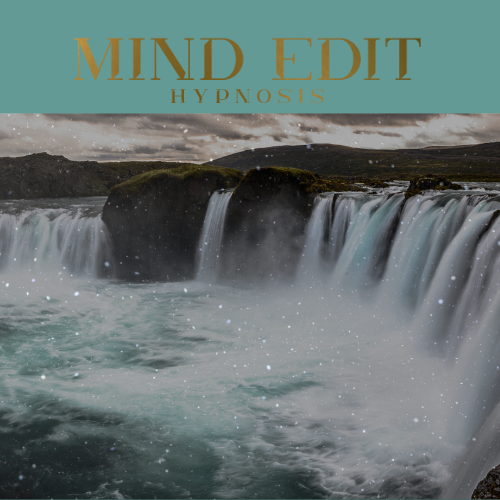
Hey Friend!
I’m sure you’ve heard the phrases:
“What goes around, comes around.”
“Treat others how you’d like to be treated.”
“Judge not lest you be judged.”
“Everything happens for a reason.”
“The karma bus always arrives on time.”
Lately, I’ve been contemplating the spiritual idea/natural law of karma, trying to understand how best to navigate my life to create more balance, joy and peace.
In his phenomenal book, The Seat of the Soul, Gary Zukav, suggests, “When you choose wisely and responsibly while you are angry, judgmental, etc., you enter into the evolution of your soul consciously…Karma is not a moral dynamic. Morality is a human creation. The universe does not judge. The law of karma governs the balancing of energy within our system of morality and within those of our neighbors. It serves humanity as an impersonal and universal teacher of responsibility.”
For example, someone “that takes advantage of others creates an imbalance of energy that must be righted by the experience of being taken advantage by others.”
Looking at karma as energy that needs to be balanced, offers a clear way of understanding the idea that what we put out into the world comes back to us; Zukav writes, “the soul must balance its energy. It must experience the effects that it has caused.”
Therefore, every choice to be more compassionate, accepting or loving, provides the karmic exchange of positive energy. And, of course, every cruel, selfish and hateful choice provides the karmic exchange of negative energy that needs to be balanced.
Zukav offers 3 ways to become more consciously aware of your karmic exchanges:
1. Journal on these questions: How many times this last week did I feel angry, resentful, betrayed, superior, inferior, etc. and acted on that emotion? Have I ever said, “Why me? What did I do to deserve this?” Write down examples. How many times have I felt hurt and wanted to hurt the person I felt was responsible? When something doesn’t go my way, do I look for the lesson or do I play the victim?
2. Implement a monthly Week of Kindness: Go out of your way to see how you can be friendly and kind to people that you encounter during the week. Extend this kindness to people you talk to on the phone, email, or write. Then notice how you feel and what effects you notice in your life.
3. Practice non-judgmental justice: When we judge, we create negative karma. Non-judgmental justice is a perception that allows you to see everything in life, but does not engage your negative emotions. Non-judgmental justice relieves you of the self-appointed job of judge and jury because you know that everything is being seen–nothing escapes the law of karma–and this brings forth understanding and compassion. So, practice seeing what you see and experiencing what you experience without responding negatively.
These exercises help us become more aware of our responses to life, and they remind us that everything we say and do carry consequences for ourselves and others.
To help you further, here’s a quick Hypnosis Recording on Karma and practicing non-judgmental perception. Grab your headphones and listen below:
Every moment is an opportunity to consciously be more of the change we’d like to see in the world. A keen awareness of karma calls us to be more responsible and compassionate, for as Zukav writes, “when you understand that your experiences are karmic necessities, you are less likely to take them personally–to react with anger, righteous outrage, judgment, etc…creating fewer painful and more joyful experiences for yourself.”
Much love and happy editing,
Robin




